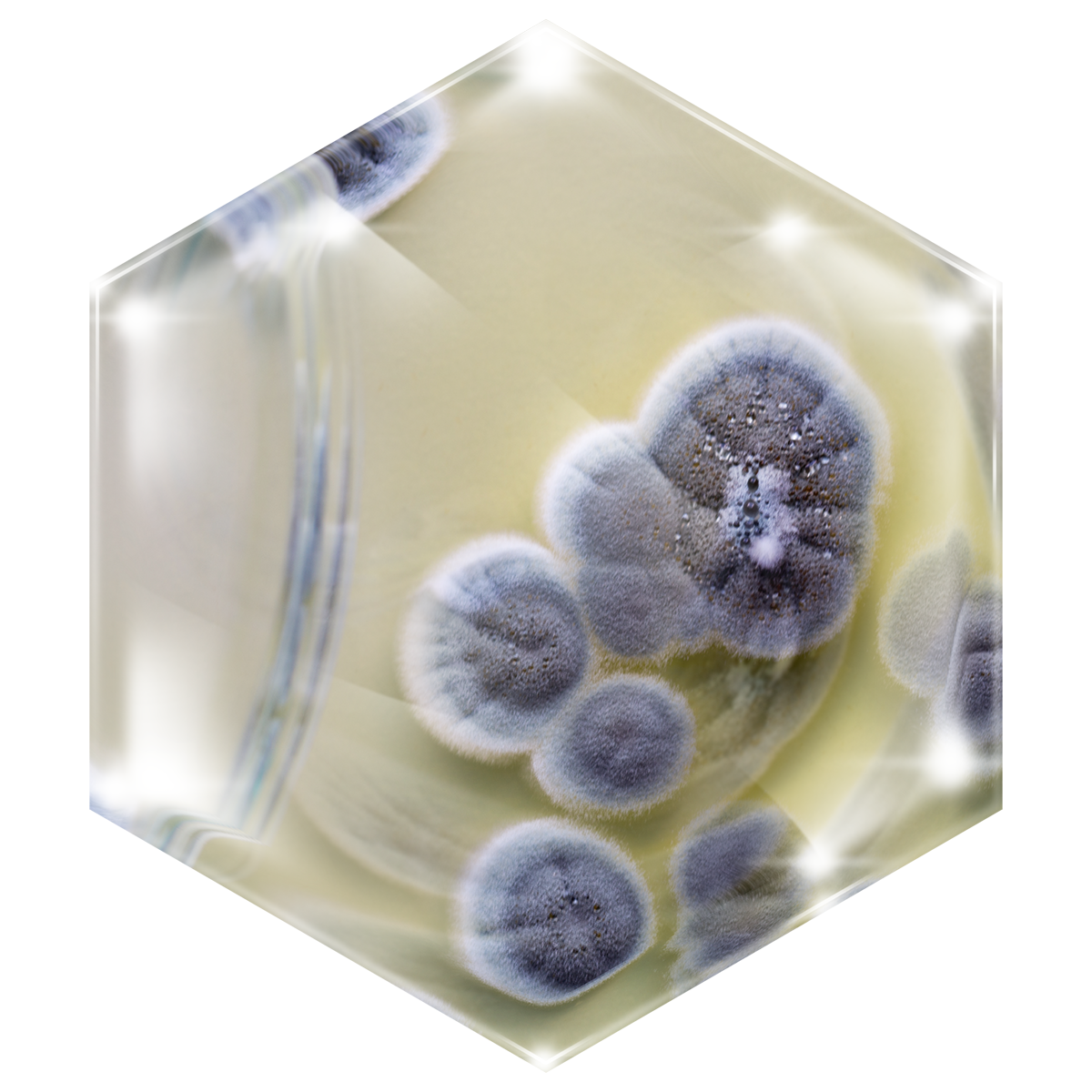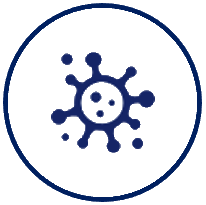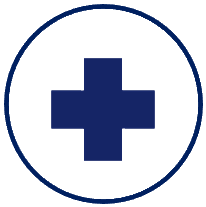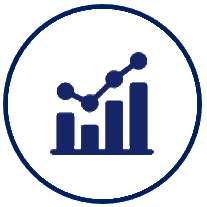Anti-infectives
Anti-infectives were chosen as a core therapy focus because of the ever-looming threat of new and resistant organisms, with few significant new products or even classes having been discovered or developed now for many years.


BioAMB for systemic fungal infections
BioAMB, a groundbreaking amphotericin-B variant that promises both efficiency and safety.
Although AMB is highly effective, currently marketed AMB formulations may cause serious kidney toxicity and other severe reactions. BioAMB is not a typical reformulation but a Bio-drug entity which releases AMB as the active agent.
BioAMB aims to:
- Significantly reduce toxicity and improve tolerance to amphotericin-B therapy
- Simple injection vs IV infusion
- Improve the frequency & duration of therapy
- Provide a more powerful alternative to existing 1st line azole antifungal therapy where there is increasing resistance
About Anti-Infectives

Anti-infectives: Increased antibiotic and anti-fungal resistance is one of the biggest threats to global health, cost and mortality (WHO).
Greater awareness from the World Health Organisation and US Centre for Disease Control and Prevention (CDC) is drawing attention to the growing need for more anti-infective drugs to battle life-threatening conditions, particularly in the face of increasing resistance by organisms to existing drugs.
A significant problem in immunocompromised patients are serious fungal infections. Significant resistance is emerging to another antifungal class, the azole class of antifungals (1st & /2nd line).

Treatment: Amphotericin-B (AMB) is one of the few effective treatments for serious and life-threatening fungal infections such as aspergillosis.

Market: About 4M aspergillosis sufferers worldwide. Annual global sales of AMB formulations are ~$600m. BioAMB has potential to be used as 1st line therapy and expand the market.
BioCIN for severe bacterial infections
BioCIN is an innovative vancomycin based treatment for efficient, safe, anti-infection treatment.
Vancomycin, a generic drug, is a last resort therapy for the treatment of sepsis and lower respiratory tract, skin, and bone infections caused by Gram-positive bacteria and the killer bug methicillin-resistant Staphylococcus aureus (MRSA).
Marketed since 1954 it is poorly absorbed from the gut and currently requires carefully controlled IV therapy over many hours.
BioCIN aims to:
- Significantly reduce toxicity and improve tolerance to vancomycin therapy
- Simple injection &/or oral admin vs IV infusion
- Improve the frequency & duration of therapy
- Improve efficacy through improved tolerance
About Anti-Infectives

Anti-infectives: Increased antibiotic and anti-fungal resistance is one of the biggest threats to global health, cost and mortality (WHO).
Despite the obvious threats, anti-infectives is a therapy area that attracts one of the lowest R&D spends in the biopharma industry: 80% of biopharma companies are focused on oncology and orphan drugs. Drug development for anti-infectives is shorter and less costly.
There is an increasing risk of resistance to existing antibiotics. Better tolerance to last line therapies such as vancomycin, should help to treat more patients, without side effect problems.

Treatment: Vancomycin is last line treatments for serious and life-threatening bacterial infections such as MRSA. There is nothing else.

Market: Current market estimates assume the vancomycin market to be worth >$450m by 2027. Internal estimates suggest a novel enhanced form of vancomycin could reach global peak sales >$2bn.